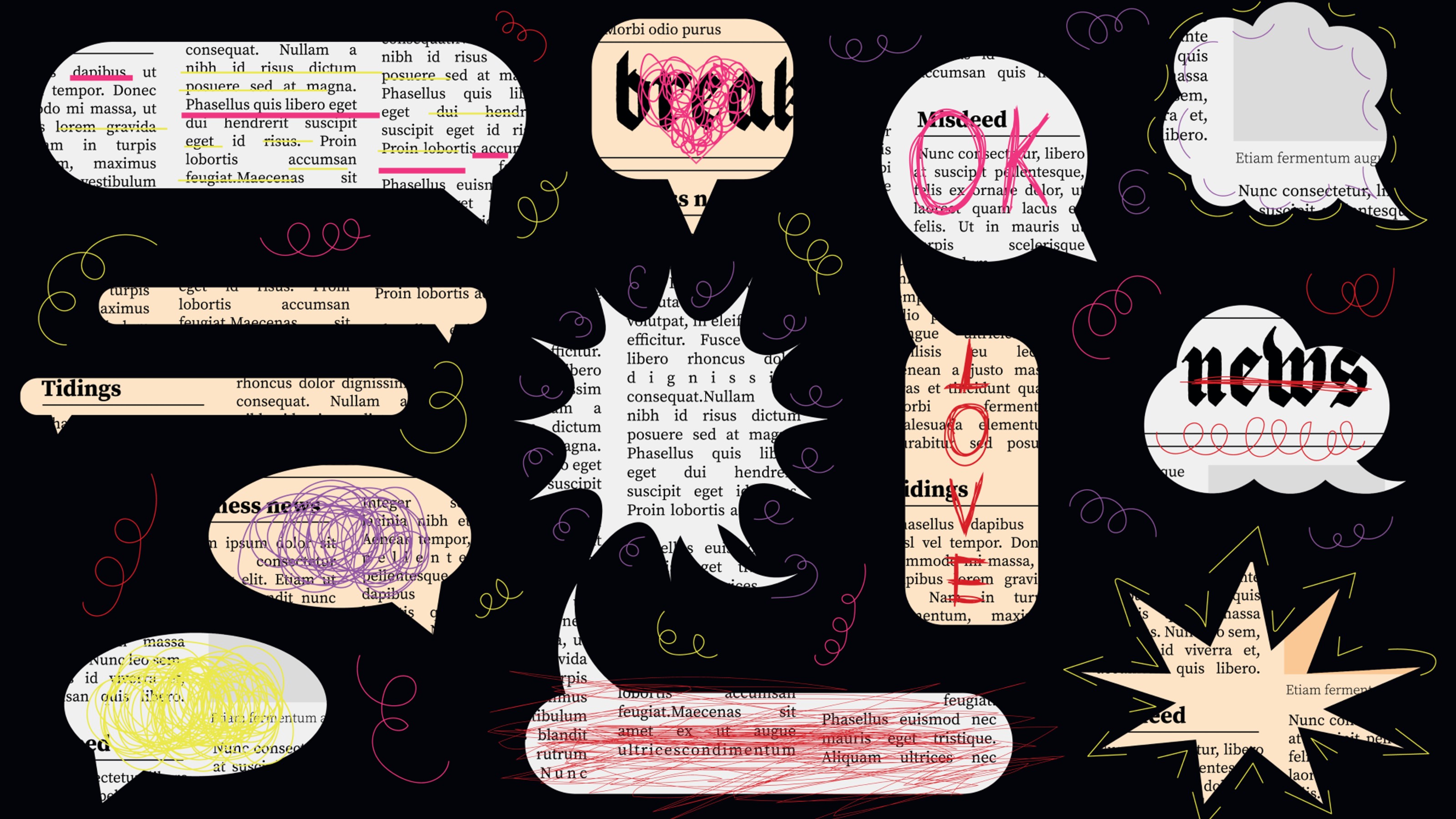The power of group identity: 22 percent of Americans remain skeptical of vaccines

- New research found that 22 percent of Americans identify as somewhat or fully resistant to vaccination.
- Researchers used two social psychology theories to explore the causes of vaccine resistance.
- The more one identifies with an anti-vaccine group, the harder it is to dissuade them from their ideas.
Vaccine hesitancy is top of mind for global public health officials, and the reasons for this resistance are manifold. A group of American researchers recently focused on social identity as a motivating factor. Their study, published in the journal Politics, Groups, and Identities, found that group identification was an important factor for just over one-fifth of citizens.
Anti-vaxx social identification (AVSID) includes 22 percent of Americans — 14 percent of whom identify as “sometimes” resistant, while eight percent claim to “always” refuse vaccines. While on its face this appears to be a medical decision, the research team, led by Oklahoma State University political scientist Matt Motta, sought to discover the relevance of group acceptance.
Social psychology really matters
Previous research has found that anti-vaxxers conform to in-group norms by expressing skepticism against anyone that questions their autonomy and rejecting broader public health recommendations by out-group experts. Such resistance, they write, may result from identity protective cognition, that is, the avoidance of anything that challenges deeply held beliefs.
For this study, the team relied on the following two psychological theories:
- Social identity theory (SIT). Coined by social psychologists Henri Tajfel and John Turner, this theory predicts in-group behavior is due to perceived status differences as well as the legitimacy and stability of such differences. SIT predominantly focuses on the psychological motivations for group membership and attachment.
- Self-categorization theory (SCT). This social psychology theory is focused on the cognitive motivations for defining group membership. Also developed by John Turner, SCT investigates the consequences of perceiving people in group terms.
SIT argues that categorization can lead to identification depending on how personally each individual takes the content matter. In this case, when vaccine resistance provides self-esteem and personal meaning, then heightened group identification will merge with their identity. SCT steps in to cement the individual relationship to the content (vaccine resistance) and provides context for the group to flourish.
“Upon socially identifying with a group, people come to understand group membership in comparison to those not in the group, or to those in opposing groups. People then tend to favor members of the in-group and imbue positive characteristics onto them, whereas members of the out-group are viewed with suspicion and oftentimes are seen negatively.”
Rally goers protest vaccines and the current administration during the “World Wide Rally for Freedom”, an anti-mask and anti-vaccine rally, at the State House in Concord, New Hampshire, May 15, 2021.

Following the herd, but not the immune kind
This mindset has profound social implications. While the U.S. has a goal to vaccinate 70 percent of American adults by July 4, public health officials are still concerned that another wave of COVID-19 will hit this summer due to millions of Americans refusing the jab.
While social psychology theories cannot explain all 22 percent of vaccine-hesitant individuals, the researchers are confident that they provide meaning for at least part of that population. People in this group often refuse to have their children vaccinated and also are more likely to express interest in “intuitive” thinking around health and medicine rather than accept empirical data offered by professionals.
Surveying over 5,000 Americans, the team discovered that full-blown anti-vaxxers (8 percent) were more likely to identify as a group than vaccine-hesitant respondents (14 percent). They also found that such respondents were more likely to engage in conspiratorial thinking. They write:
“People who embrace folk theories about medicine — i.e., inter-generationally transmitted beliefs about medicine that are widely held, but factually inaccurate — have been shown to be more likely to think about the world in conspiratorial ways, and less knowledgeable about basic scientific facts.”
The power of tribalism
The team notes that this is more than a barrier to herd immunity. Individuals that score high on the AVSID scale are more likely to share misinformation about vaccines and disrupt important public health communications. The challenge of combating such trends, they note, is especially difficult when anti-vaxx identity is bound to the group.
Reaching the 14 percent of vaccine-hesitant individuals will prove easier than trying to convince the 8 percent of anti-vaxxers. As long as their identity is tied with the group, changing their minds will be nearly impossible.
—
Stay in touch with Derek on Twitter. His most recent book is “Hero’s Dose: The Case For Psychedelics in Ritual and Therapy.”





